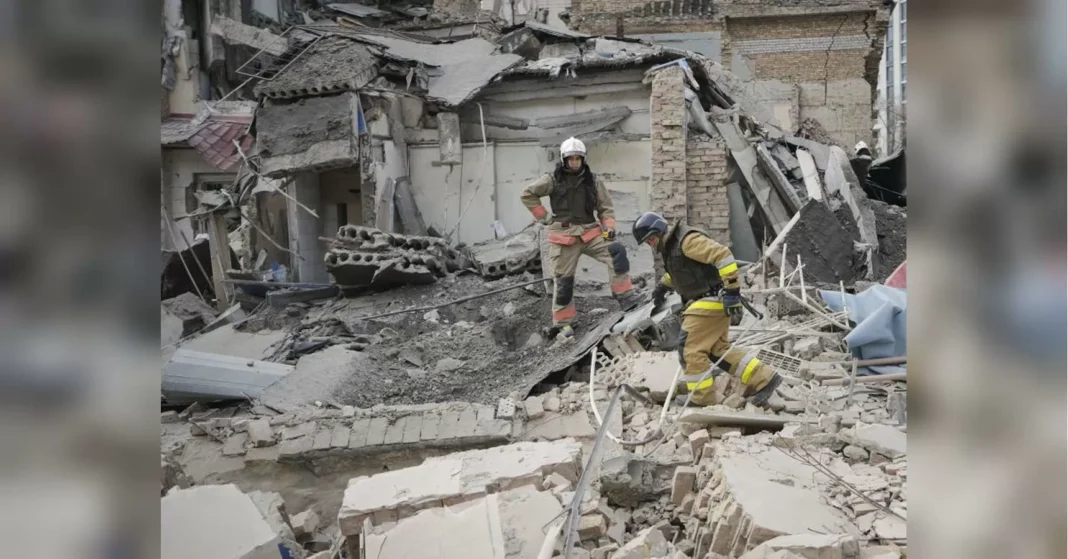Education is a fundamental pillar of society, shaping the minds and future of individuals and communities. However, like any other aspect of life, education can also be subject to damage and disruption. Whether it is due to external forces or internal issues, the impact of these damages on education can have long-lasting consequences. In this article, we will explore the concept of «damaged education» and its effects on individuals and society.
Damaged education refers to any situation where the learning process is hindered, interrupted, or negatively impacted. This can be caused by various factors such as natural disasters, armed conflicts, economic crises, or even internal problems within the education system itself. Whatever the cause may be, the result is the same – a disruption in the education of students, leading to a damaged learning experience.
One of the most significant impacts of damaged education is the loss of access to education. In many parts of the world, access to education is already a challenge, and when disasters or conflicts strike, it becomes even more difficult. Students may be forced to flee their homes, schools may be destroyed, or families may be unable to afford schooling due to economic hardships. This loss of access to education not only affects the individual students but also has a domino effect on their families, communities, and the society as a whole. Without education, individuals may not have the necessary skills and knowledge to contribute to the development of their communities, leading to a stagnation of progress and growth.
Moreover, damaged education can also have a significant impact on the mental health and well-being of students. Being unable to attend school or losing access to education can be a traumatic experience for children and young adults. It can lead to feelings of hopelessness, anxiety, and depression, which can have long-term effects on their mental health. Education not only provides knowledge and skills but also serves as a safe and stable space for students to grow and develop. When that space is disrupted, it can have a profound impact on their emotional and psychological state.
Another consequence of damaged education is the loss of cultural and societal values. Education plays a crucial role in preserving and passing on cultural and societal values from one generation to the next. When education is disrupted, these values and traditions may be lost, leading to a disconnect between generations and a weakening of cultural identity. This can have far-reaching consequences for the social fabric of a society, potentially leading to the loss of cultural heritage and diversity.
Furthermore, damaged education can also contribute to the cycle of poverty. Many people in impoverished communities rely on education as a means of breaking out of the cycle of poverty. When education is disrupted, it can perpetuate this cycle, making it even more challenging for individuals and families to improve their circumstances. This can create long-term social and economic challenges, making it difficult for communities to thrive and develop.
However, despite the significant challenges posed by damaged education, there is always hope for recovery and rebuilding. In the face of disasters and conflicts, education can serve as a beacon of hope and resilience. Organizations and individuals around the world have come together to support and rebuild damaged education systems, providing access to education for those who need it the most. These efforts not only help restore the education system but also contribute to the overall recovery and development of affected communities.
In addition, technology has played a crucial role in mitigating the impact of damaged education. With the rise of online learning, students can continue their education remotely, even in the midst of disasters or conflicts. This has opened up new opportunities for students in remote or underserved areas to access education, allowing them to continue their learning despite the challenges they may face.
In conclusion, damaged education is a significant issue that affects individuals, communities, and society as a whole. It can have long-lasting consequences, from hindering access to education to impacting mental health and perpetuating cycles of poverty. However, with the determination and support of individuals and organizations, damaged education can be rebuilt, providing hope and opportunities for those affected. It is essential to recognize the importance of education and work towards protecting and preserving it, even in the face of adversity. As Nelson Mandela famously said, «Education is the most powerful weapon which you can use to change the world.»

